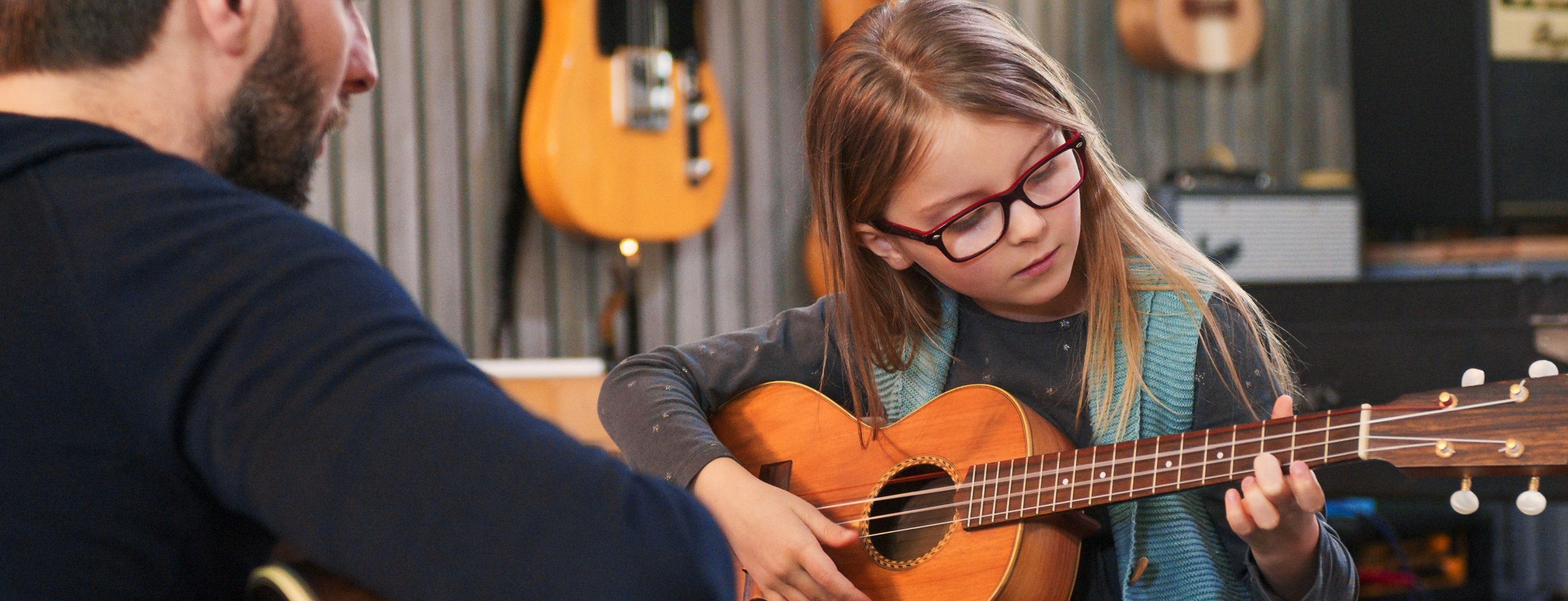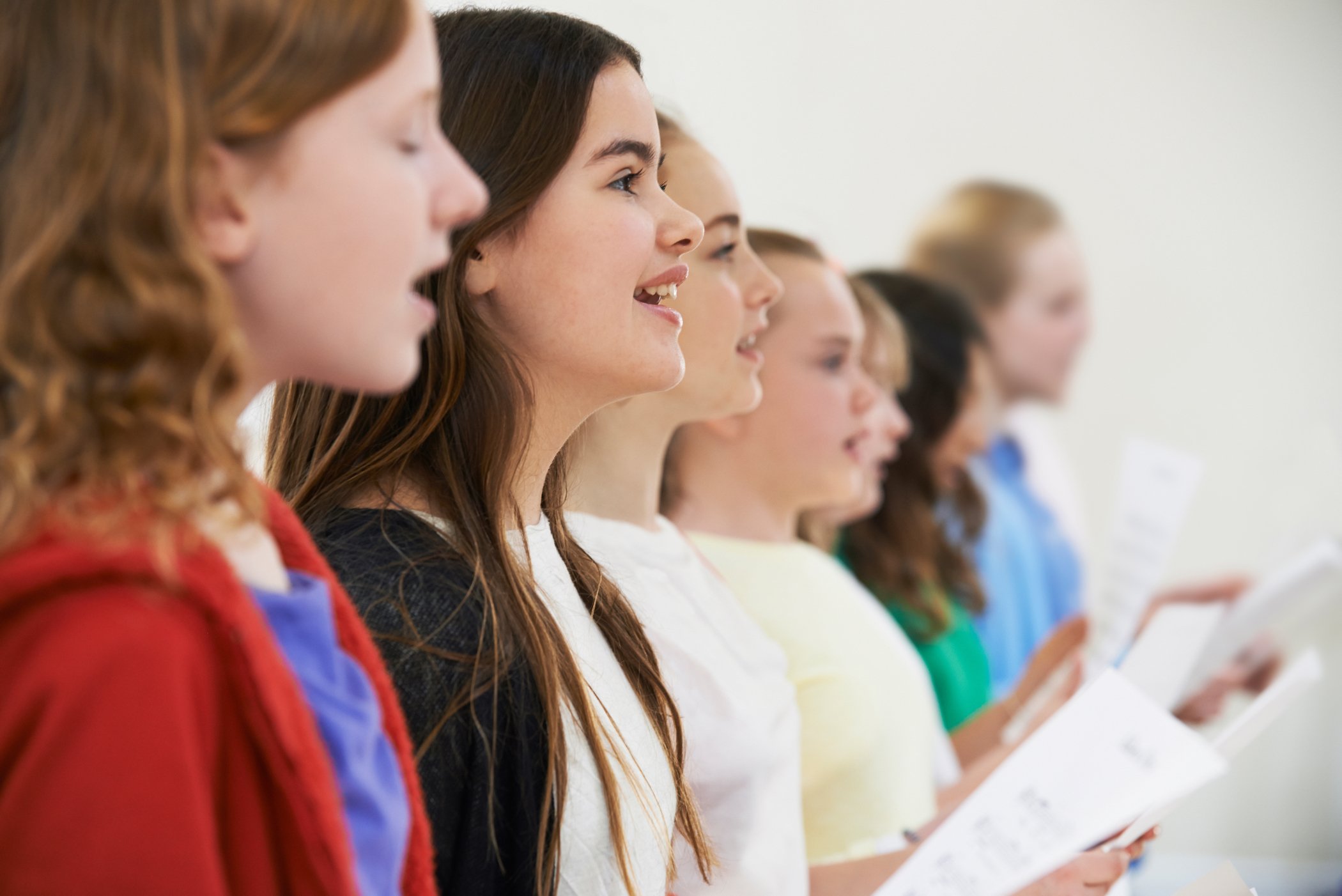
Tipping the scales in your favour - how to demonstrate your technique

BY: Jean McCreery
04 August 2017
Note: this blog was written in 2017, before the introduction of our digital exams. Please make sure, when preparing for Trinity College London Music exams, that you refer to the most up-to-date instrumental syllabus and, where appropriate, the digital exams technical work options sheet too.
Your memory is enhanced by forgetting things first.
Wait, what?
We are all used to the idea that if you really want to remember something, you should repeat it often, and keep it fresh in your memory. However, Robert and Elizabeth Bjork, a husband and wife research team based in UCLA suggest this may not be the case.
According to their research, you need to forget a new piece of information at some level before remembering it, in order to make that memory more robust over time.
The theory being that the more a new memory fades before you go looking for it, the more it’s subsequent “retrieval strength” improves.
This might explain why I struggle to remember which day to put out my bins each week…
When it comes to the Technical work element of your graded music exam, will you be relying on your memory to demonstrate your scales and arpeggios? Or perhaps you’d prefer to go with Technical exercises or Studies to play from music? The good news is that many Trinity music exams give you the choice, so you can play to your strengths.
If learning scales to play from memory seems like too arduous a task for you or your students, then this post will highlight the alternative options available to you. Where applicable I have also linked to supporting books available from the Trinity online shop.
Brass
At Initial grade, candidates are asked to perform one (trumpet, cornet, flugelhorn, euphonium and baritone) or two (trombone) exercises, either with the music or from memory.
From Grade 1 upwards, all candidates must learn the lip flexibility exercise from memory, which can be found on pages 17-31 of the Brass syllabus)
Grades 1-5 choose between presenting either:
- Scales & arpeggios from memory, or
- Exercises, where music may be used.
Grades 6-8 choose between:
- Scales & arpeggios from memory, or
- Orchestral or brass band extracts, where music may be used.
Brass Grades 1-8 scales & arpeggios books are available to purchase from the Trinity shop.
Bowed strings
All candidates, with the exception of those taking their Initial grade, must prepare a bowing exercise from memory.
Then choose from either:
- Scales & arpeggios from memory, or
- Studies (Grades 1-5) or orchestral extracts (Grades 6-8), where music may be used.
Strings Technical work support books are available to purchase from the Trinity shop.
Harp
Then choose from either:
- Scales & arpeggios from memory, or
- Studies or orchestral extracts (Grades 6-8 pedal harp only), where music may be used.
Harp Studies and Exercises book is available to purchase from the Trinity shop.
Woodwind and Jazz woodwind
Grades 1-5 choose between presenting either:
- Scales & arpeggios from memory, or
-
ExercisesRo, where music may be used.
Grades 6-8 choose between:
- Scales & arpeggios from memory, or
- Orchestral extracts (Woodwind only) or studies, where music may be used.
Woodwind Technical work support books are available to purchase from the Trinity shop.
Classical guitar
All candidates must learn a technical exercise from memory.
Then choose from either:
- Scales & arpeggios from memory, or
- Studies (Initial-Grade 7) or Concerto extracts (Grades 6-8), where music may be used.
Guitar Technical work support books are available to purchase from the Trinity shop.
Rock & Pop exams
Good news for you Rock & Poppers!
The technical components of a Rock & Pop exam are incorporated within the Technical Focus song that you have chosen. More marks are available to be awarded in the exam for this song to reflect the additional technical requirements. There are no additional scales & arpeggios or technical exercises to prepare.
Hopefully this helps demonstrate the flexibility open to you and your students with a Trinity graded music exam and shows you how you can focus on your strengths as a musician in your approach to the exam.
Related posts
BY: James Gower




Comments & Replies